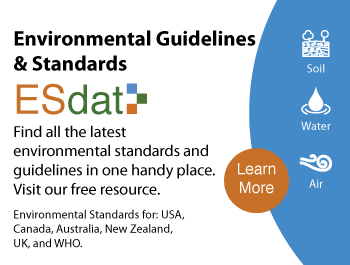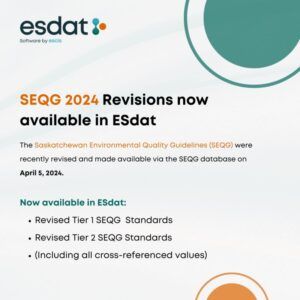Tennessee’s Division of Underground Storage Tanks provides procedures to evaluate the soil and water clean up levels. It is committed to protecting human health and the environment by provided standards to prevent releases into the environment and clean-ups. The Tennessee UST Act is responsible for the standards and regulations on underground storage tanks.
The Tennessee underground storage tanks environmental standards apply to operators, owners, and persons, ensuring compliance with the desired guidelines. The operators are categorized into Class A/B operator and Class C operator. A Class A/B operator is responsible for the daily operation, maintenance, and record-keeping of underground storage tanks. The environmental standards require Class A/B operators to ensure the equipment used are compliant with performance standards and the reporting requirements are met. Class C operators are responsible for responding to alarms when there is underground water tank releases or spills.
The UST System Closure Assessment Guidelines is applicable for the closure of underground water tanks. The guidelines are provided under the Technical Guidance Document (TGD). Section I and III are observed in soil contamination ranging from 100ppm and 1000ppm for TPH and 5ppm to 100ppm for benzene, whilst water contamination is not evident. Section I, II, and III are applicable when water contamination ranges from0.100 PPM and 1.0 PPM for TPH and 0.005 PPM and 0.070 PPM benzene, while soil contamination ranges from 100 PPM and 1,000 PPM for TPH. Additionally, in scenarios where groundwater contamination ranges from 0.100 PPM and 1.0 PPM for TPH and 0.005 PPM and 0.070 PPM for benzene with no evidence of soil contamination, then Section I, II, and III of the TGD are observed.
Reports must be made when registering existing tanks (30 days prior to starting operations), installing new tanks (15 days prior to installing them), and when there are spills, releases and overflows (within 72 hours).
Environmental Standards for Tennessee Underground Storage Tanks are now compiled and available in ESdat at https://www.esdat.net/Environmental_Standards.aspx or by synching against our reference system.
TN Underground Storage Tanks Environmental Standards.
ESdat is a specialist environmental database system; used to validate and import a broad spectrum of Environmental Data and help users analyze and report it.
Environmental Standards. All compiled environmental guidelines and standards are shown on the ESdat website. These are pre-loaded into ESdat Online.

References
Tennessee Department of Environment and Conservation (2021). Act, Rules and Policies. Retrieved from https://www.tn.gov/environment/program-areas/ust-underground-storage-tanks/ust/act-rules-and-policies.html
Tennessee Department of Environment and Conservation (2021). UST Forms & Guidance. Retrieved from https://www.tn.gov/content/tn/environment/program-areas/ust-underground-storage-tanks/ust/ust-forms-guidance.html






